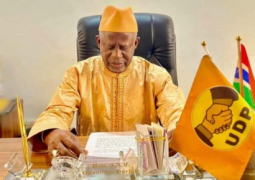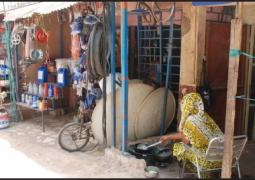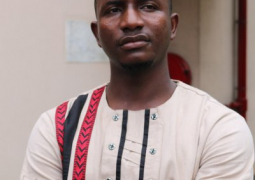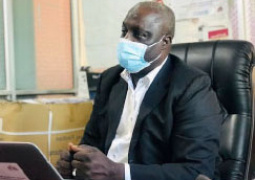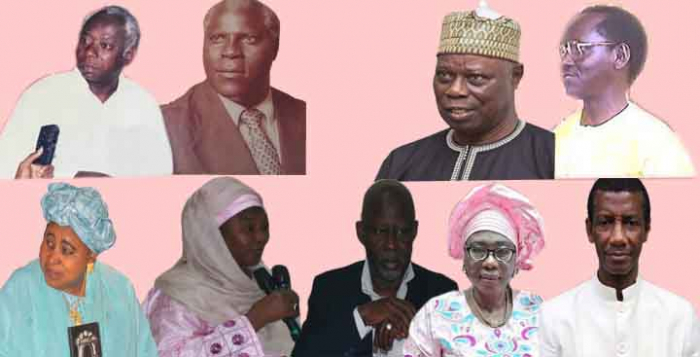
“The position of vice president was provided for in the 1970 Constitution for the first time and when The Gambia became a sovereign Republic in April 1970, late Sir Dawda Kairaba Jawara, who was the Prime Minister then, automatically became the first Gambian president. He was promoted to Executive President and had the task of appointing a vice president,” Hassoum Ceesay, an erudite historian and curator, explained.
He said the late President Jawara then appointed Sheriff Mustapha Dibba, who was born in 1937 and died in 2008, as the first vice president of the new Republic of The Gambia. Mr Dibba was appointed in April 1970 and served till September 1972.
“According to the 1970 Constitution, the vice president was the Leader (Capital L) of the government Business; (Capital B) in the House of Representatives, as the parliament was called in 1970. This means that he represented the President in the Parliament, one of his main tasks,” Mr Ceesay said.
However, in September 1972 Assan Musa Camara was appointed and became the second vice president of The Gambia and served till 1977 when Alieu Badara Njie was appointed as the third Vice President of the Gambia. Mr Njie served from May 1977 to the summer of 1978 and resigned.
“When he resigned, Assan Musa Camara bounced back. He was re-appointed to replace Mr Njie and he served until April 1982. Honourable BB Darbo was then appointed as the Vice President and served from 1982 till 1992 when Saikou Sabally took the baton as the new vice president and served till the army coup of July 1994 took place.
“So in the First Republic, with the late President Alhaji Sir Dawda Kairaba Jawara, five people were appointed and served as the country’s Vice Presidents under him,” Mr Ceesay noted.
Furthermore, the historian reflected on the coup and Second Republic, saying with the successful coup led by former President Yahya A.J.J. Jammeh “there was no vice president appointed hence the constitution was suspended; so the coup leader appointed a vice chairman of the Armed Forces Provisional Ruling Council, Sanna B. Sabally”, who served until January 1995 and was replaced with Edward Singhateh, who served until March 1997 when Isatou Njie-Saidy was appointed as the vice president. She served till January 2017.
In this third Republic, Mr Ceesay said, President Adama Barrow has so far appointed four vice presidents, namely Aja Fatoumatta CM Jallow-Tambajang from February 2017 to June 2018, Lawyer Ousainu Darbo from June 2018 to March 2019, Dr Isatou Touray from March 2019 to May 2022. The late Badara A. Joof was appointed as the 10th Vice President of The Gambia and served till his demise on 18 January 2023. And now the country is waiting for a new appointee to occupy the position.
“As the country mourns the late Badara A. Joof, everyone has come to realise more of the importance of the position in any democratically-elected government,” Mr Ceesay noted. “All the vice presidents under the past two presidents held other ministerial portfolios with their VP position. Sheriff Dibba was Minister of Finance, Hassan Camara – Minister of External Affairs, AB Njie – Minister of State, BB Darbo – Minister of Youth, Sports and Culture, Saikou Sabally – Minister of Defence, and Dr Isatou Njie-Saidy – Minister of Women’s Affairs.
“However, under President Barrow, all the appointed former vice presidents, except Dr Isatou Touray and late VP Joof, held a ministerial position with their vice presidency position. The duo rose from being ministers to vice presidents.”
Taking into consideration, the importance of the position, the country’s “VP performs ceremonial, parliamentary and, of course, executive roles in the government”. Mr Ceesay says the VP appears in parliament on behalf of the President, leads the adjournment debates and closes it, also summarises government policies and statements, and even diplomatic role.
“Among others, these are four major roles that future vice presidents will take,” he added.


